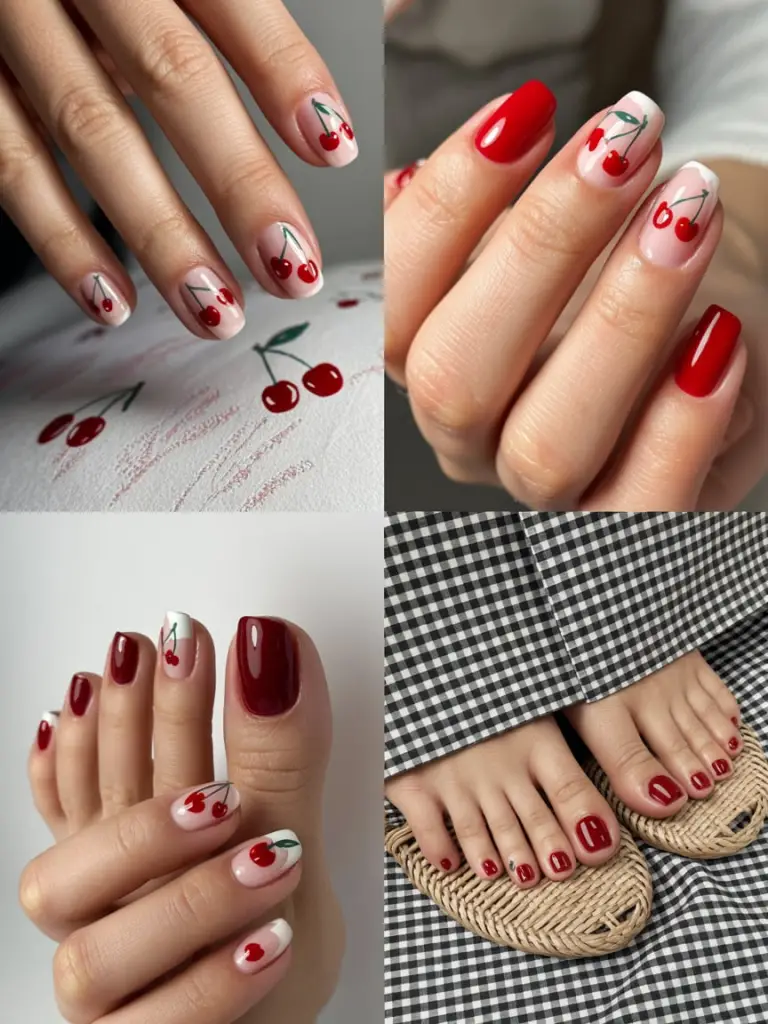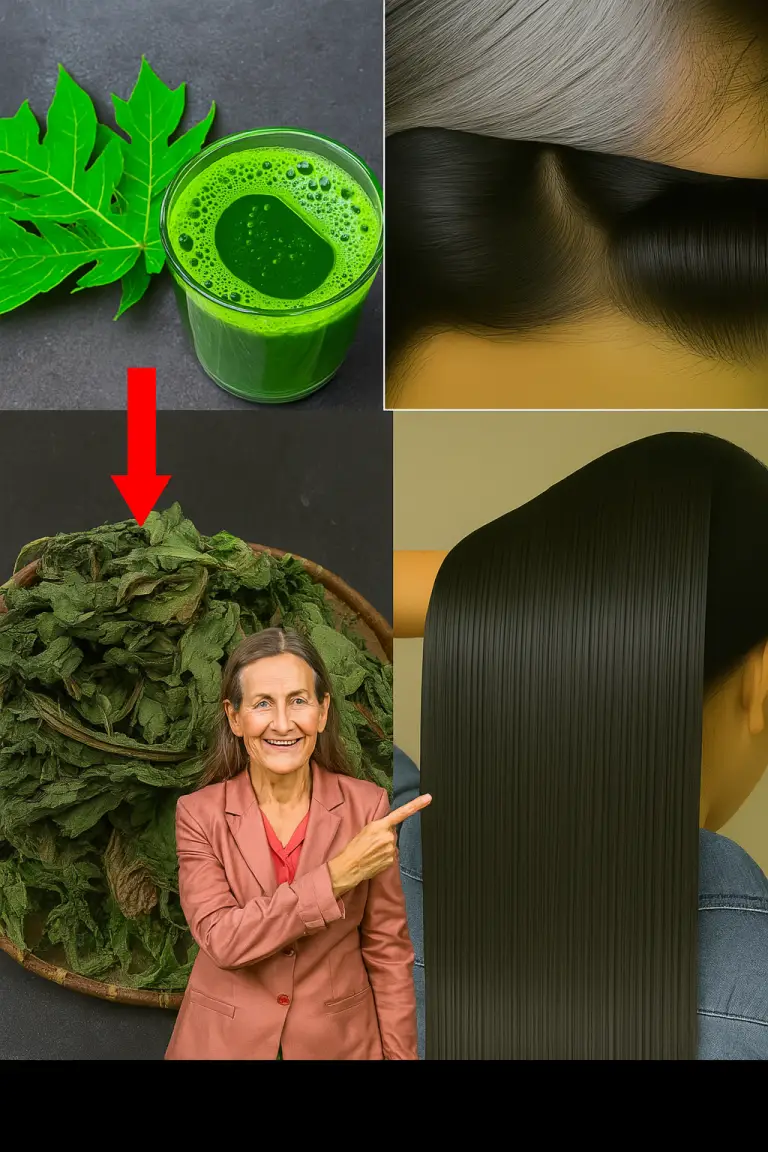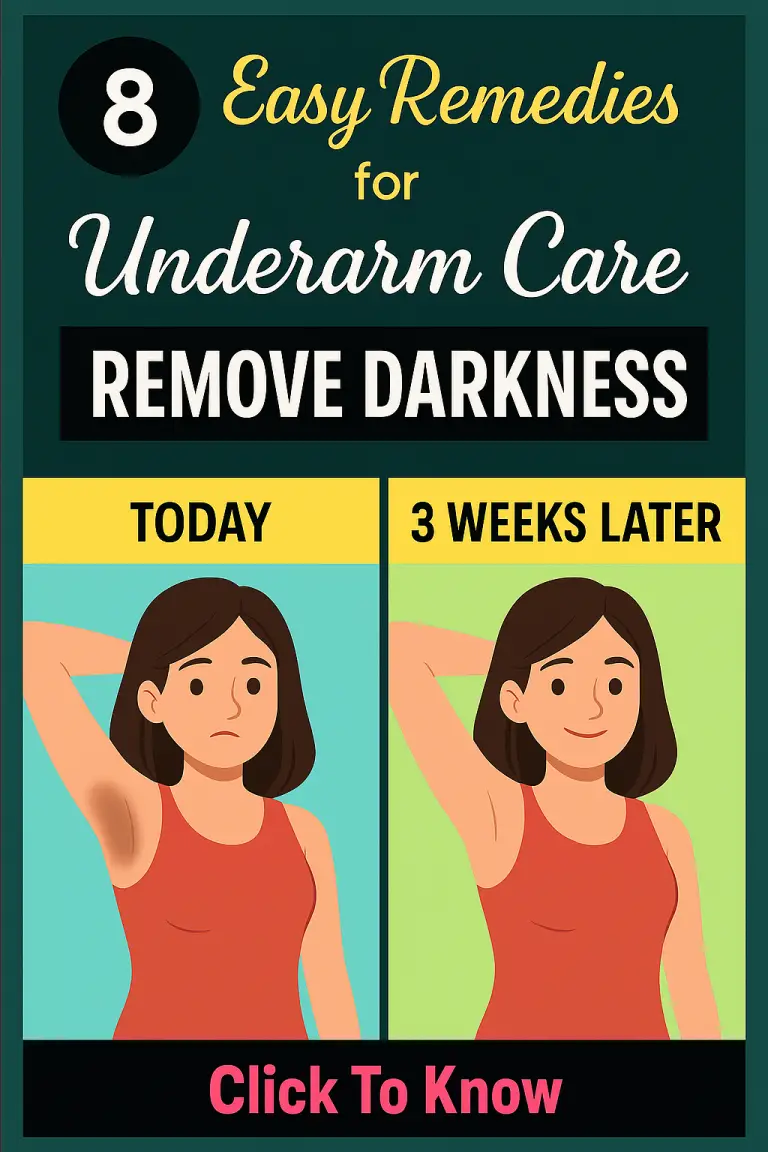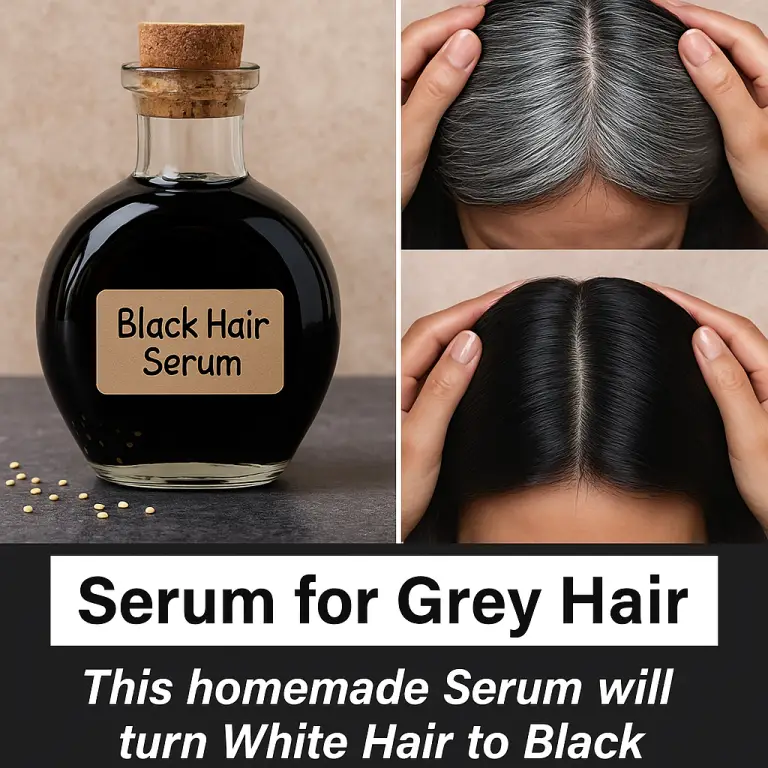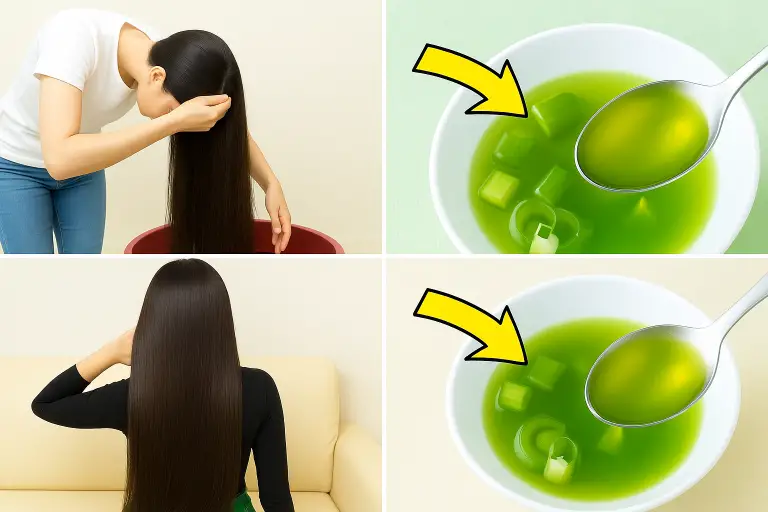Is Lemon Juice Actually Safe for Skin? Here’s the Truth

Lemon juice is everywhere on Pinterest and Instagram—countless DIY face masks and “quick fixes” swear by it for brightening, acne, and dark spots. But is lemon juice actually safe for your skin? Let’s break down the facts, risks, and safer alternatives so you can make the best choice for your glow!
Why Do People Use Lemon Juice on Their Face?
Lemon juice is a natural source of vitamin C (ascorbic acid), a powerful antioxidant known to:
- Brighten dull skin
- Fade dark spots (hyperpigmentation)
- Exfoliate dead skin cells
- Fight acne-causing bacteria
It’s cheap, accessible, and sounds like a miracle fix! But… not everything that sounds “natural” is automatically good for you.
The Hidden Risks of Lemon Juice on Skin
While lemon juice has some benefits, it also comes with serious risks—especially for sensitive facial skin. Here’s why you should be cautious:
1. It’s Extremely Acidic
- Lemon juice has a pH of 2, while your skin’s natural pH is closer to 5.5.
- This strong acidity can disrupt your skin barrier, leading to dryness, redness, and irritation.
2. Causes Irritation and Allergic Reactions
- Many people experience stinging, burning, and peeling after applying lemon juice.
- Citrus allergies are common and may not show up until after repeated use.
3. Sun Sensitivity (Phytophotodermatitis)
- Lemon juice can make your skin more sensitive to sunlight.
- This can cause redness, swelling, blisters, or brown patches if you go outside after applying lemon juice.
- The reaction is called phytophotodermatitis, and it can last for weeks.
4. Can Worsen Pigmentation
- Instead of fading dark spots, lemon juice can sometimes make them worse—especially in darker skin tones.
What the Experts Say
Most dermatologists strongly advise against using pure lemon juice on your face.
The potential damage and irritation far outweigh any brightening benefits.
Dr. Shari Marchbein, board-certified dermatologist, says:
“Lemon juice can be one of the most irritating DIY skin-care ingredients and can cause chemical burns, blistering, or lasting discoloration.”
Safer Alternatives for Glowing Skin
You can still brighten, fade spots, and fight acne—safely!
Here are dermatologist-recommended ingredients that offer similar benefits without the risks:
- Vitamin C serums: Formulated for skin, pH-balanced, and much less irritating.
- Niacinamide: Brightens, evens tone, and calms redness.
- Azelaic Acid: Great for hyperpigmentation and gentle on sensitive skin.
- Licorice root extract: A natural skin-brightener used in many K-beauty products.
- Gentle chemical exfoliants (AHAs/BHAs): Such as glycolic or lactic acid, formulated for facial skin.
If You Still Want to Try Lemon Juice…
If you’re set on using lemon juice, take these precautions:
- Always do a patch test on your inner arm before applying to your face.
- Dilute lemon juice with water, honey, or yogurt.
- Never use it before sun exposure—always wash off thoroughly and apply sunscreen.
- Limit use to once a week at most.
The Bottom Line
Lemon juice is not the miracle skincare ingredient it’s hyped up to be—and for many, it can do more harm than good. If you want brighter, clearer, and healthier skin, reach for products designed for your face. Your skin will thank you!


